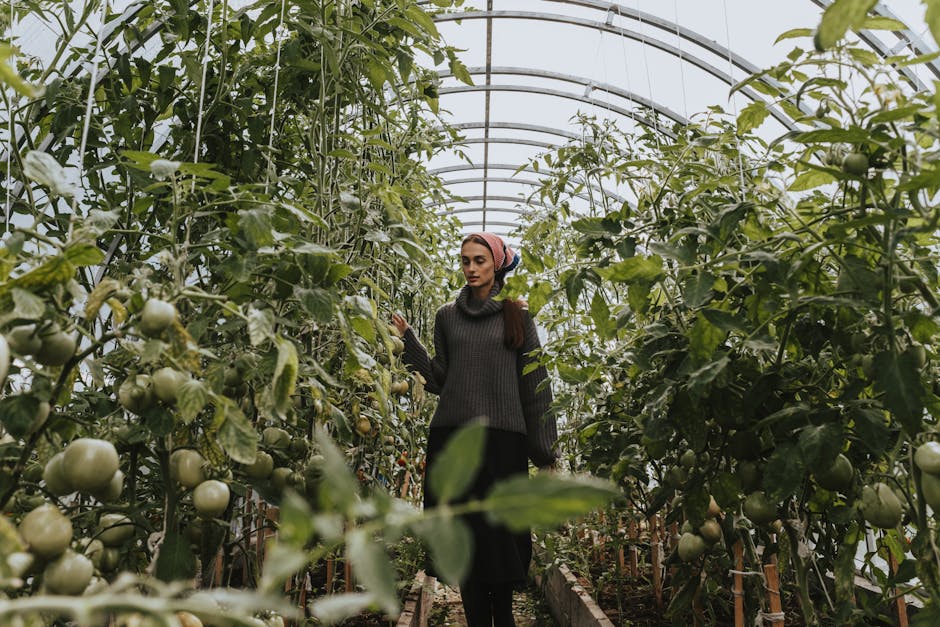Agricultural practices are undergoing a profound transformation, driven by escalating concerns regarding environmental sustainability. A pivotal question arises: to what extent have government policies facilitated or obstructed the transition to more sustainable farming methods? This article delves into the intricate relationship between policy decisions and the pursuit of environmentally responsible agriculture, examining various facets of this complex issue.
The cornerstone of sustainable agriculture lies in its triple bottom line approach economic viability, environmental protection, and social equity. Government policies play a crucial role in shaping this multifaceted framework. Policies aimed at incentivizing sustainable practices, for example, can significantly influence farmer adoption rates. Conversely, policies that prioritize short-term economic gains over long-term environmental well-being can hinder the development of sustainable farming systems.
A multifaceted investigation into this relationship reveals a complex interplay of factors. Firstly, agricultural subsidies often represent a significant governmental influence. Often, these subsidies favour traditional, often environmentally intensive farming practices. For instance, policies supporting large-scale monoculture farming, through direct payments or input subsidies, can incentivize practices that erode biodiversity, pollute water sources, and degrade soil health. While these subsidies might promote short-term economic gains for producers, they frequently come at the cost of long-term environmental sustainability.
Conversely, policies that reward conservation agriculture, organic farming methods, and agroforestry can promote more ecologically sound practices. Direct payments for adopting specific conservation techniques, such as cover cropping, reduced tillage, or integrated pest management, can encourage farmers to embrace these strategies. Incentives for crop diversification and the adoption of agroforestry, which integrate trees into agricultural systems, exemplify this positive influence. Such policies aim to enhance biodiversity, improve soil health, and reduce reliance on synthetic inputs.
Beyond direct subsidies, regulations play a key role. Environmental regulations governing pesticide use, water management, and greenhouse gas emissions, when effectively implemented, can curb unsustainable practices. For example, stricter regulations on fertilizer use can reduce water pollution and limit the release of harmful nitrogen compounds into the atmosphere. Similarly, regulations mandating the reduction of harmful agricultural runoff or the adoption of precision agriculture techniques encourage farmers to adopt eco-conscious approaches. However, excessively stringent or poorly designed regulations can also pose a significant hurdle, creating financial burdens for farmers and potentially stifling innovation.
Another critical dimension to consider is the development of market mechanisms to promote sustainability. Government policies can incentivize the creation of sustainable food markets, certification schemes for eco-friendly produce, and policies that support local food systems. By making sustainable products more accessible and attractive to consumers, policies can drive demand for environmentally friendly farming practices. Trade policies, for example, play a crucial role. Fair trade policies and preferential tariffs for sustainably produced goods can bolster demand for environmentally sound agricultural products.
However, this picture isn’t always clear-cut. Trade policies, while potentially supportive, can sometimes inadvertently hinder sustainable farming. Policies promoting imports of cheaper, often unsustainable produce from other nations can undermine local producers transitioning to eco-friendly farming methods. This competition can create a disincentive for farmers to adopt environmentally responsible methods, especially if they face trade barriers or reduced prices for their sustainable products in domestic markets.
A crucial element of this examination involves the role of education and research. Government support for agricultural research and development directed toward sustainable farming techniques is vital. These initiatives can equip farmers with the knowledge and technologies needed to adopt innovative and eco-friendly practices. Investments in extension services that provide farmers with guidance and technical assistance are just as crucial. Policies that integrate sustainable farming practices into educational curricula and training programmes can equip future generations of farmers with the necessary skills.
Furthermore, policies aimed at supporting farmer cooperatives and creating farmer-led initiatives can play a significant role in fostering sustainability. Such initiatives can empower local farmers to implement collective conservation projects, improve efficiency in resource management, and promote shared knowledge and experience. These measures encourage greater cooperation, promoting knowledge transfer among farmers and enhancing their collective ability to adopt sustainable strategies.
Finally, international collaborations are essential in addressing global challenges of sustainable agriculture. Policies that foster international cooperation and knowledge sharing can create a supportive environment for sustainable practices to flourish across geographical boundaries. This includes sharing best practices, disseminating innovative technologies, and creating common standards for sustainable food production.
In conclusion, the relationship between government policies and sustainable farming is intricate and multifaceted. While some policies have demonstrably supported the transition to eco-friendly farming methods, others have unintentionally hindered progress. A balanced approach, incorporating subsidies, regulations, market mechanisms, research and development, education, and international cooperation, is required for fostering truly sustainable agricultural practices. By prioritizing policies that promote environmental stewardship, social equity, and economic viability, governments can effectively guide the future of agriculture towards a more sustainable and resilient path.






